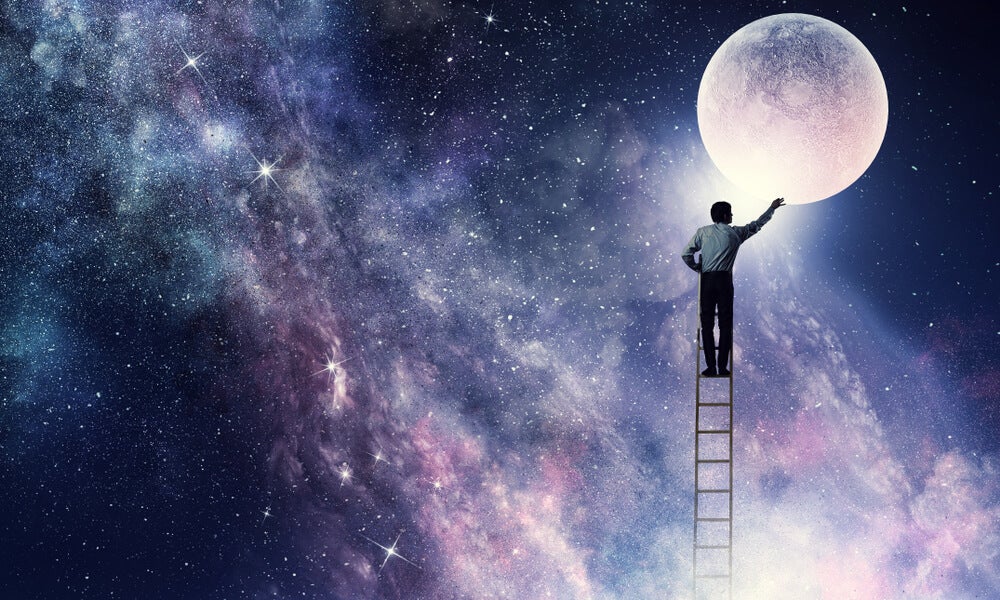Mahatma Gandhi, Viktor Frankl and Nelson Mandela are clear examples of the theory of self-realization, under this approach, each of us must decode what is inside and shape it, fight for it at all cost, it is an intentional, responsible and creative growth in which we do not give up until we become what we want.
Abraham Maslow said in 1943 that a musician can only make music, an artist has to paint and a writer is obliged to write if he wants to be happy. As the father of the pyramid of human needs said, each person has certain aspirations and potentialities. in his being. Opposing or not encouraging it leads to frustration.
- At the same time.
- One aspect that we must consider is the difficulty of pursuing this goal.
- Whether we like it or not.
- It is not always possible to harmonize goals with people in real occupations.
- And sometimes we do not have the opportunity to demonstrate our full potential or dedicate our lives to what we always dream of.
So it’s a complex issue. However, on this path to self-realization, discipline, hope and determination are essential nutrients, assuming that this will not be an easy path is another element that we must accept, as are some figures such as those already mentioned.
In addition, Viktor Frankl himself said that self-realization is not a goal, but a constant path in which one learns to be a better person every day, approaching our best version.
“Self-realization is the intrinsic growth of what is already inside the body or, to be more precise, what the organism really is. “- Abraham Maslow-
The theory of self-realization derives from humanist psychology, within this current, one of the most important figures was undoubtedly Abraham Maslow, who pointed out the following aspects:
On the other hand, an interesting detail about this approach is as follows: Maslow argued that we are “programmed to achieve. “There is a great need in us to achieve this high balance between who we are and what we can do. society often does not facilitate this state.
“All that matters is self-realization. It means knowing who you are beyond the shallow self; far beyond your name, your physical appearance, your personal history, your stories?. – Ekhart Tolle-
If we look closely at Abraham Maslow’s classical theory of human needs, we may come to believe that this ascent to the top (self-realization) follows a linear process, in other words, we must first feel physically confident. members must be fulfilled, then those of belonging and love, social status, and later the “summit” would be reached.
However, studies such as that conducted by Wild Whitellman of the University of Atlanta point to the firm need to reinterpret the theory of self-realization, so to achieve this state you can count on the following dimensions:
Viktor Frankl, Mandela and Gandhi spent a lot of time with their security needs threatened. The first stage of maslow’s pyramid was not satisfied, but they always focused on self-realization every day.
The theory of self-realization reminds us that there is an intrinsic force in us that guides us towards a goal, if someone is a musician he cannot give up his passion even if he is dedicating his life to another profession, this need will always be there and we must be constant in our efforts.
Using creativity, finding other paths, or even creating them ourselves are bridges with which we can go from frustration to personal growth.
Psychologist and philosopher Mih-ly Cs-kszentmih-lyi also points out that self-realization is an innate thing in us and this potential will gradually emerge. However, it is necessary to listen to it and concentrate every day in its form.
Thus, those who aspire to help others will be happy in jobs such as nursing, social services, psychology and even teaching, there are many scenarios in which goals and professions can be harmonized, and when you achieve it, when you are immersed in these tasks. , you really discover what happiness is.

